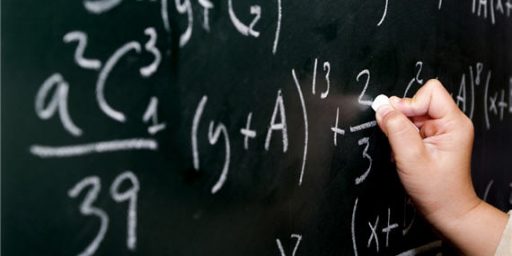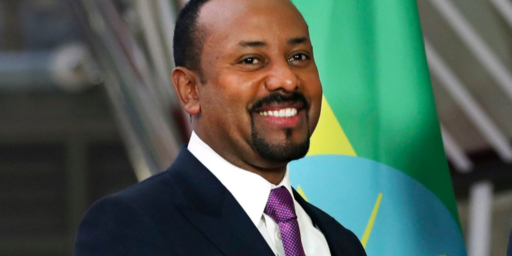Aumann and Schelling Get Nobel Price in Economics
Hebrew University of Jerusalem professor Robert J. Aumann and University of Maryland professor Thomas C. Schelling have been awarded the Nobel Prize in economics. The citation for their award reads,
for having enhanced our understanding of conflict and cooperation through game-theory analysis
Schelling’s award appears to be based on his influential book The Strategy of Conflict. One of Schelling’s ideas was focal points or equilibria that were more likely to be played than other equilibria. In determining focal points Schelling suggested that this was an area that experimental psychology could provide contributions to game theory. Another concept that Schelling helped bring to the forefront of game theory was the notion of commitment. The idea of commitment is captured by the story of a general burning bridges behind him to signal to the opponent his commitment not to retreat. Another example is overinvestment in a firms production capacity. The overinvestment could be seen as a commitment to would be competitors to fight any entry with lowered prices, thus helping to ensure that incumbent firm’s market position and raise its profits even while raising its per unit costs. Schelling’s work contained the seeds of many ideas that would be developed latter on by others.
Aumann’s work focused more on long term cooperation and games where play is repeated infinitely many times (actually the games have to be structured so that there is a positive probability that is “sufficiently large” that the game will continue for another period). It was in this type of setting that coopertion became much more common, and Aumann formalized this result in in general and for a specific situation the result is known as the Folk Theorem (the reason for the ‘Folk’ part of the name is that the result was well known in game theory and was part of game theory’s folklore).1 Aumann also worked on games with incomplete information, and this lead to strategic behavior where concealing or revealing information took on strategic value. Like Schelling Aumann’s work other concepts such as sub-game perfect Nash equilibria, common knowledge, correlated equilibrium.
This makes for the third Nobel going to game theorists or economists using game theoretic tools in their analysis. It is definitely a signal that game theory is going to continue to become more and more important in economic theory in the future.
_____
1The Folk Theorem applies to a single player, Aumann’s result holds for groups of players and gives rise to the notion of a “strong equilibrium”.





